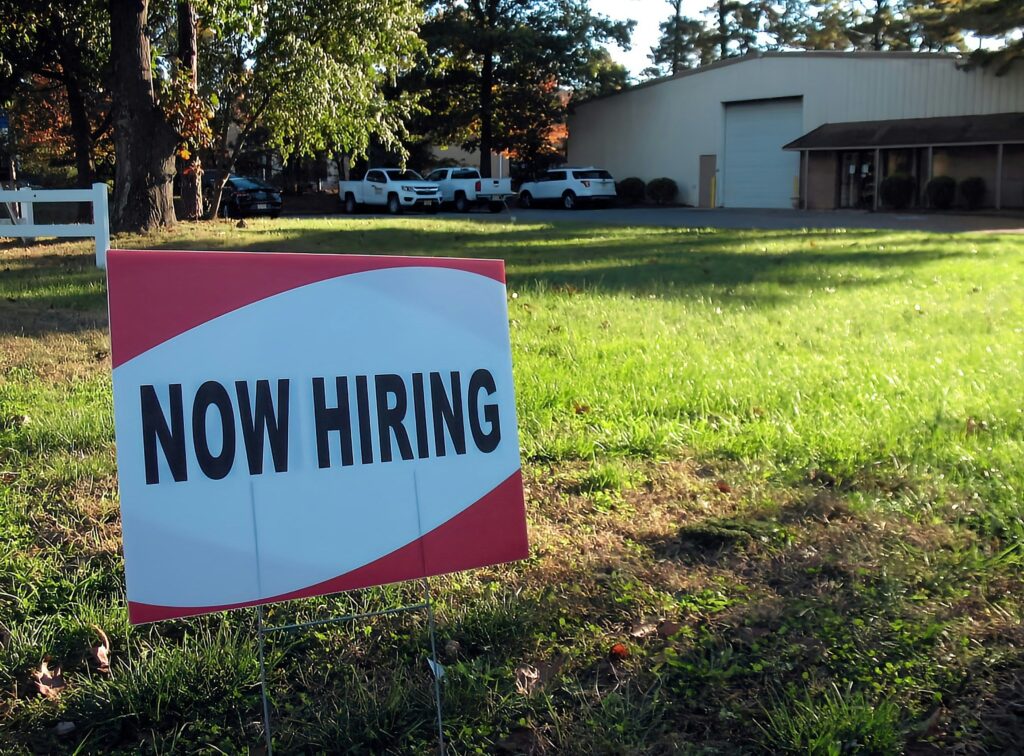U.S. Added 256K Jobs in December, Blowing Past 160K Estimate

The employment market in the U.S. picked up steam in December, with job growth topping economist forecasts by a mile and the unemployment rate unexpectedly dipping.
The economy added 256,000 jobs last month, the Bureau of Labor Statistics reported on Friday, topping forecasts for 160,000 and up from 212,000 in November (revised from an originally reported 227,000).
The unemployment rate fell to 4.1% in December versus an expected 4.2% and November’s 4.2%.
Attempting to rally from sizable declines earlier this week, bitcoin (BTC) fell more than 2% in the immediate aftermath of the report to $92,800.
Today’s job market readings came after a number of recent economic reports triggered a broad-market pullback across asset classes as investors quickly scaled back the idea of a continued series of Federal Reserve rate cuts in 2025.
Previously high-flying crypto markets bore the brunt of the selloff, with bitcoin tumbling from nearly $103,000 on Monday to below $92,000 at one point on Thursday. Major altcoins suffered even larger declines on a percentage basis.
A check of traditional markets finds the U.S. stock index futures down roughly 1% following the jobs print. The strongest reaction is in the bond market, with the 10-year Treasury yield popping nine basis points higher to 4.78%. The dollar index is also surging, up 0.6%. Gold has moved modestly lower to just below $2,700 per ounce.
Traders are quickly scaling back bets on further Fed rate cuts in 2025, with the odds of a March move falling to 28% from 41% just ahead of the report, according to CME FedWatch. The odds of a May rate cut have declined to 34% from 44% prior.
In other closely watched report details, average hourly earnings rose 0.3% in December compared with forecasts for 0.3% and November’s 0.4%. On a year-over-year basis, average hourly earnings were higher by 3.9% versus expectations for 4% and November’s 4% reading.
Crypto markets have fallen sharply over the past few days as stronger than expected economic data sent interest rates surging and called into question the idea that the Fed will continue easing monetary policy.